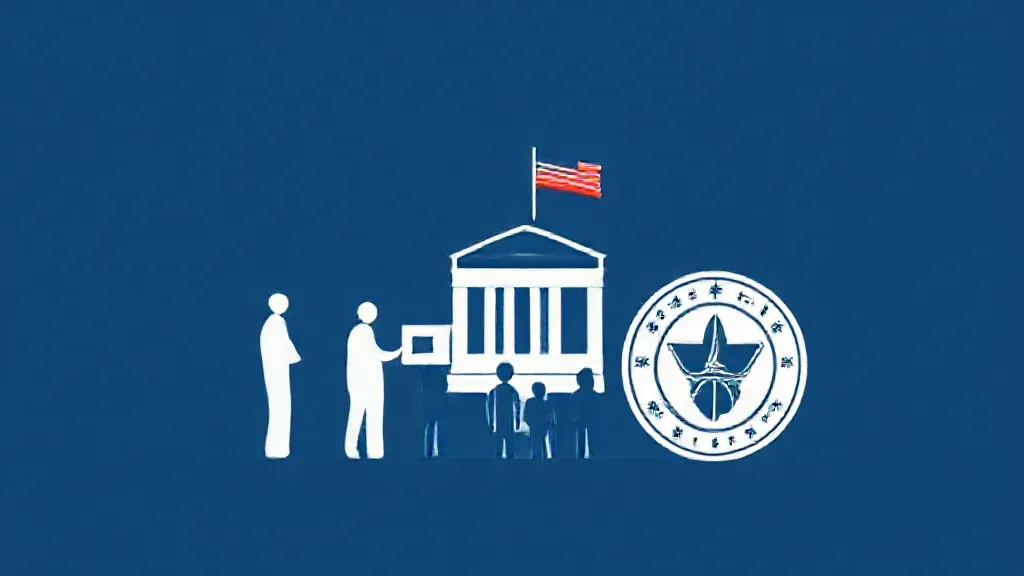The Social Security Act of 1935 marked a pivotal moment in American history, fundamentally reshaping the welfare landscape. Prior to its enactment, the United States had a fragmented system of assistance, characterized by local and state programs that varied widely in scope and effectiveness. The Great Depression exposed the inadequacies of these systems, as millions faced unemployment and poverty without a reliable safety net.
The Social Security Act sought to address these issues by providing a comprehensive framework for social insurance and welfare programs.
Historical Context of the Social Security Act
In the early 20th century, the concept of social welfare was largely unstructured. Various charitable organizations and local governments offered limited assistance, but there was no federal mandate to support the needy.
The economic turmoil of the 1930s, with its unprecedented levels of unemployment and destitution, highlighted the urgent need for a coordinated response. President Franklin D. Roosevelt's New Deal initiatives laid the groundwork for the Social Security Act, which aimed to provide financial security and stability for the American populace.
Key Provisions of the Social Security Act
The Social Security Act introduced several critical components, including old-age insurance, unemployment insurance, and aid to families with dependent children. The old-age insurance program established a social security system funded by payroll taxes, ensuring that retirees would receive a steady income. Unemployment insurance offered temporary financial assistance to those who lost their jobs, while aid to families with dependent children aimed to support single mothers and their children.
These provisions collectively marked a significant shift from charity-based assistance to a more structured entitlement system.
Long-Term Impacts on Welfare Policy
The Social Security Act revolutionized welfare by embedding the principle of social insurance into American policy. This shift meant that assistance was no longer solely based on need but was also a right earned through contributions during one’s working life.
Over the decades, this framework has expanded to include various programs, such as Medicare and Medicaid, which provide health care support for the elderly and low-income individuals. The Act's legacy is evident in the ongoing debates about the role of government in providing social safety nets.
Challenges and Criticisms of the Social Security Act
Despite its revolutionary impact, the Social Security Act has faced criticism and challenges over the years.
Critics argue that the program is financially unsustainable, with concerns about the long-term viability of the trust funds. Additionally, some aspects of the Act, particularly its exclusion of certain groups, such as agricultural and domestic workers, have led to calls for reform and greater inclusivity in welfare programs. These criticisms highlight the ongoing need for adaptation and evolution in response to changing societal needs.
The Social Security Act and Economic Security
The introduction of the Social Security Act significantly contributed to economic security for millions of Americans. By providing a safety net, it not only alleviated poverty but also stimulated economic growth. Social Security benefits have a multiplier effect on the economy, as recipients tend to spend their benefits on essential goods and services.
This spending supports local businesses and contributes to overall economic stability, reinforcing the importance of social welfare programs in a thriving economy.
The Role of Social Security in Modern Welfare Systems
Today, the Social Security Act remains a cornerstone of the American welfare system. It serves as a model for various state and federal assistance programs, influencing policies that address poverty, health care, and unemployment.
The principles established by the Act continue to resonate, as policymakers grapple with issues such as income inequality and access to health care. The ongoing relevance of the Social Security Act underscores its foundational role in shaping contemporary welfare discourse.
Future Directions for Welfare Policy
As society continues to evolve, so too must welfare policies.
The challenges posed by an aging population, economic disparities, and changing labor markets necessitate a reevaluation of the Social Security system. Policymakers are exploring options for reform, including expanding benefits, adjusting eligibility criteria, and incorporating new technologies for program delivery. The future of the Social Security Act and its impact on welfare will depend on the ability to adapt to these emerging challenges while maintaining the core principles of social insurance and support for the vulnerable.
